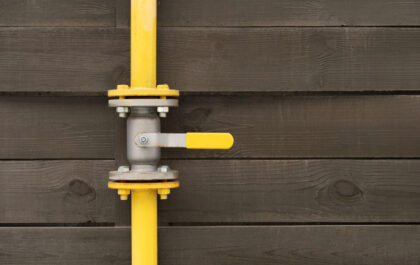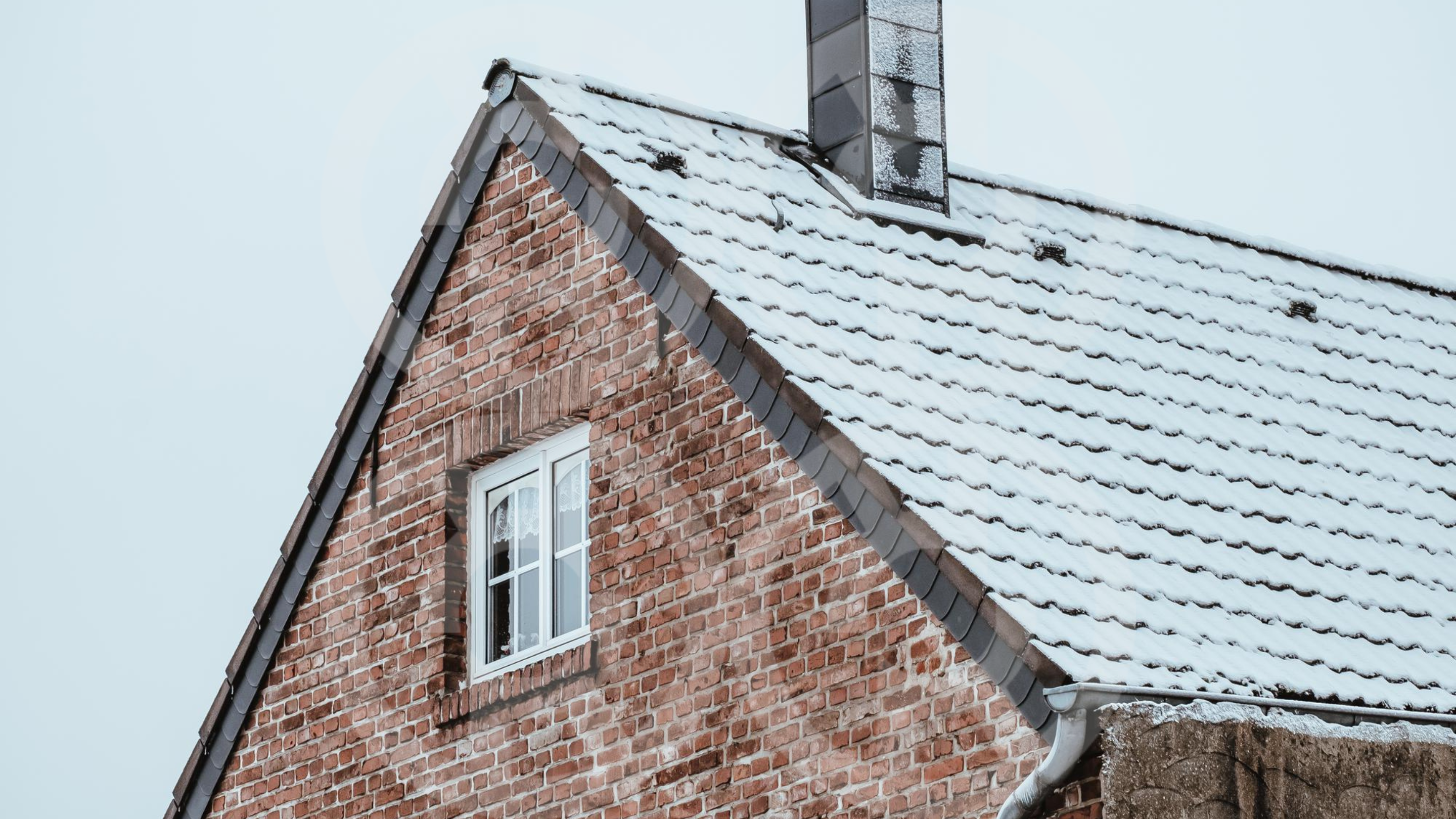When the grout in your shower starts looking worn, cracked, or stained, it can make your whole bathroom feel less inviting. The feeling of stepping into a shower with aged grout is enough to think about a refresh. But how much should you expect to spend for shower regrouting in 2025? Whether you’re contemplating hiring a pro or considering a DIY project, understanding the average cost to regrout a shower and what influences those costs is essential.
Ready Remodel is here to help break down all the crucial factors that will affect the cost to regrout shower tiles so you can plan your bathroom update with confidence and ease.
Overview of Shower Regrouting Cost Factors
The cost to regrout a shower primarily involves two components: labor and materials. Both can vary widely depending on your shower’s size, grout type, tile style, and how much old grout removal is necessary. Let’s explore the key factors that determine how much to regrout shower tiles.
Size of the Shower
The size of your shower is the single most influential cost factor. Most professionals charge between $10 and $25 per square foot for shower grout replacement. To give you an idea, here are typical square footages and price ranges for common shower sizes:
| Shower Size (inches) | Approximate Square Footage | Estimated Price Range |
|---|---|---|
| 32 x 32 | 56 sq ft | $560 – $1,400 |
| 36 x 36 | 63 sq ft | $630 – $1,575 |
| 48 x 36 | 70 sq ft | $700 – $1,750 |
| 36 x 60 | 77 sq ft | $770 – $1,925 |
| 60 x 42 | 95 sq ft | $950 – $2,375 |
Most tile showers have three walls covered in tile, but sometimes only certain sections require regrouting. Smaller jobs may reduce total cost, while abnormally large showers or steam showers typically cost more due to the additional surface area.
Type of Grout Used
The grout type you choose significantly influences your shower grout repair cost. Here are common grout types with their typical installation costs per square foot:
| Grout Type | Cost per Square Foot | Description |
|---|---|---|
| Unsanded Grout | $5 – $6 | Ideal for narrow joints & smaller tiles |
| Sanded Grout | $6 – $8 | More durable, suited for wider grout lines |
| Cement Grout | $5 – $7 | DIY-friendly, available in a wide range of colors |
| Polymer Grout | $6.50 – $10 | Resistant to moisture, great for wet areas |
| Epoxy Grout | $8 – $12 | Highly durable, stain resistant, flexible |
Higher-grade options like epoxy come with a steeper price but offer excellent longevity and less maintenance. Most homeowners pay anywhere from $10 to $65 for a 25-pound bag of dry grout, or $12 to $160 for pre-mixed grout of the same weight.
Tile Spacing and Materials
Tile spacing affects the amount of grout needed – wider grout joints require more material, resulting in higher costs. For example, if your grout lines are wider than 1/8 inch, be prepared for an additional bag or two of grout.
Material requirements are also influenced by tile type. Large, thin tiles are generally less costly to regrout than small mosaic tiles that have many grout joints. In steam showers or areas with intricate tile patterns, the price can increase due to extra material needs and labor intensity.
Labor Costs
Labor typically represents a significant portion of your shower regrouting cost. Professionals charge approximately $10 to $25 per hour depending on expertise and local market rates. While DIY can save money, the process is labor-intensive and time-consuming, especially when removing old grout carefully without damaging tiles.
Consulting an expert not only speeds up the process but also ensures a professional finish and reduces the risk of damaging your shower tiles.
Cost to Regrout by Tile Type
Besides grout, the type of tile impacts the overall cost because it affects both material choice and the amount of labor required. Here’s an overview of common tile types and their approximate regrouting costs:
| Tile Type | Cost per Shower | Recommended Grout |
|---|---|---|
| Machine-made Wall Tile | $400 – $800 | Unsanded Polymer Grout |
| Handmade Wall Tile | $480 – $600 | Sanded Polymer Grout |
| Glass Tile | $500 – $800 | Sanded or Unsanded Epoxy |
| Polished/Honed Stone Tile | $400 – $600 | Unsanded Epoxy or Polymer |
| Mosaic Tile | $960 – $1,280 | Sanded Epoxy |
| Tumbled Marble | $960 – $1,280 | Sanded Epoxy |
Additional Costs to Factor In
Beyond basic grout work, there are extra expenses that can affect the total price to regrout tile shower walls and floors.
Caulking
Caulking the corners and joints around your shower is essential to prevent water damage. The average cost to caulk a shower comes to about $300, typically priced between $1.25 and $4 per linear foot.
Sealing
Sealing grout, especially cement-based grout, protects it from moisture and staining. Acrylic water-based sealers cost around $2 to $5 per square foot. If you use polymer or epoxy grout, you may not need sealing.
Grout Restoration vs Full Regrouting
Sometimes, grout doesn’t need full replacement. Professional grout restoration involves deep cleaning and sealing the existing grout, generally costing around $450 for 100 square feet. This can extend grout life and delay a costly regrout.
If damage is localized, partial shower regrouting is an option, allowing you to refresh only cracked or chipped grout instead of the entire shower. This approach saves both time and money.
Regrouting Costs Compared to Installing New Tile
In some cases, retouching grout can be more expensive than installing new tile. Typically, homeowners spend about $900 to retile a shower but can spend $1,500 or more for a full regrouting job. Consider retile if your tiles are damaged or if you’re renovating extensively. For well-maintained tile, regrouting remains a cost-effective choice.
DIY Shower Regrouting vs Hiring a Professional
Deciding between a DIY grout job and hiring a pro depends on your skill, time availability, and the condition of your shower. DIY grout bags cost between $10 to $65 for 25 pounds, depending on the grout type. You’ll also need tools such as a grout rake ($10 – $15), oscillating multi-tool ($40 – $150), grout float ($10 – $15), and sponges.
The most challenging part is removing the old grout, which can take four times longer than installation. Careless removal risks tile damage – one wrong move can crack tiles requiring replacement. If you’re not confident, calling a professional ensures a quality finish. Ready Remodel recommends getting multiple quotes from trusted contractors.
Tools and Materials for DIY Shower Regrouting
- Grout Rake: $10 – $15
- Oscillating Multi-tool: $40 – $150
- Rotary Tool: $25 – $70
- Reciprocating Saw: $30 – $80
- Grout Float: $10 – $15
- Heavy-duty Sponge: About $5
Tips to Save Money on Shower Regrouting
Shower regrouting cost is mostly labor-driven. Reducing labor time or materials can lower your bill. Here are some practical ways to save:
- Opt for larger, thinner tiles to reduce grout usage and labor
- Focus on regrouting only the areas that need it
- Do some prep work yourself, like removing old tiles or grout
- Bundle remodeling tasks such as grout repair, caulking, and tile fixing
FAQs: Everything You Need to Know About Regrout a Shower
What Are the Signs That Your Shower Grout Needs Replacing?
Common indicators include:
- Visible cracks in grout lines
- Stains or discoloration that won't clean
- Crumbled or chipped grout during cleaning
- Mold or mildew growth in grout joint
Can I Put New Grout on Top of Old Grout?
How Do You Clean Shower Grout?
Conclusion: Is Shower Regrouting Worth the Investment?
Maintaining fresh, clean grout not only improves your shower’s appearance but also protects it from water damage, mold, and tile deterioration. The cost to regrout a shower varies widely based on shower size, grout type, tile style, and labor.
Ready Remodel encourages homeowners to weigh the costs and benefits carefully – sometimes partial regrouting or grout restoration may suffice, while in other cases professional regrouting or even retile is best. Hiring a pro ensures efficiency and quality, but DIY can work well with patience and care.
Whatever route you choose, staying on top of shower grout maintenance keeps your bathroom looking fresh and durable for years to come.
![How Much Does It Cost to Regrout a Shower? [2025 Data]](https://readyremodel.io/blog/wp-content/uploads/2025/09/Regrout-a-Shower.jpg)



